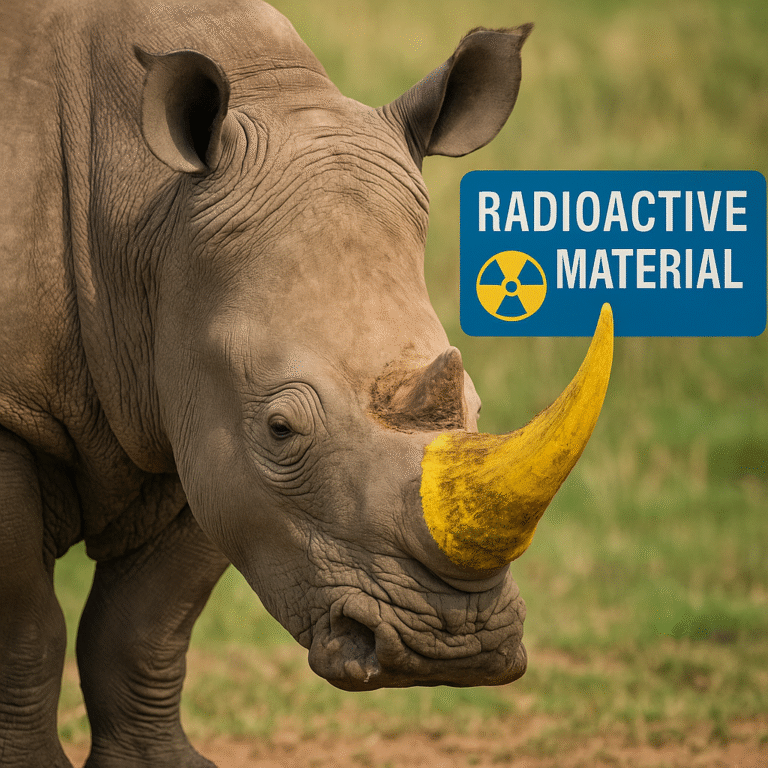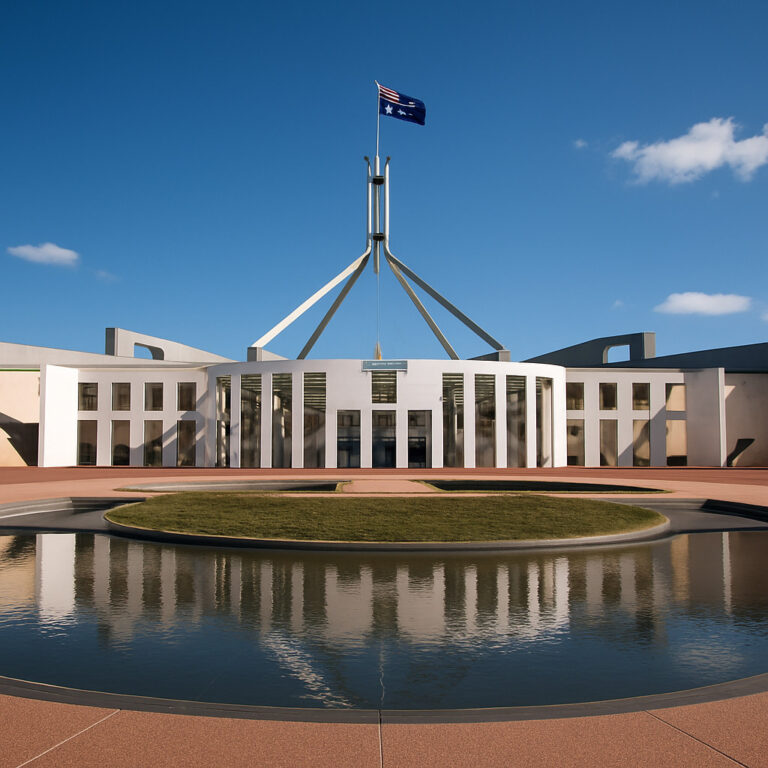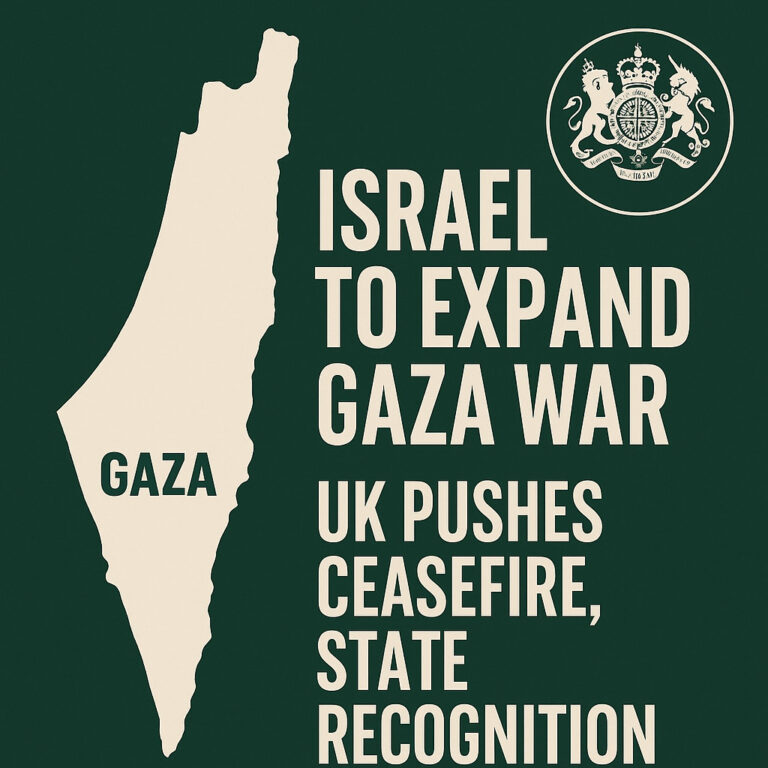South Sudan President Fires Army Chief Amid Growing Ethnic Tensions
South Sudanese President Salva Kiir has dismissed the country’s army chief, Paul Nang Majok, just seven months after appointing him—triggering fresh concerns over stability in the world’s youngest nation. The surprise removal, announced via presidential decree late Tuesday, came with no official explanation and no public statement from Majok himself.
In his place, President Kiir named veteran commander Dau Aturjong, a figure with long ties to the ruling Sudan People’s Liberation Movement (SPLM). While the government framed the leadership shuffle as routine, observers warn that the move likely reflects deeper unrest within South Sudan’s fractured political landscape.
Ethnic Militias Resurface
Majok’s removal follows months of rising violence in northern regions, particularly involving clashes between the national army and the so-called White Army, an armed youth militia associated with the Nuer ethnic group. The White Army has seized territory, including the strategic town of Nasir, which was only recently retaken by government forces.
The flare-up in militia activity echoes the brutal ethnic conflict that engulfed South Sudan following its independence from Sudan in 2011. The civil war, which officially ended in 2018 with a peace agreement between Kiir and his long-time rival, First Vice President Riek Machar, killed over 400,000 people and displaced millions.
Although the 2018 deal brought a temporary halt to full-scale warfare, tensions between Kiir’s Dinka-aligned forces and Machar’s largely Nuer-based supporters have never fully eased. In March 2025, Machar was placed under de facto house arrest in Juba, accused by the government of inciting rebellion—further complicating the fragile peace.
The Return of Armed Youth
Security analysts say the resurgence of the White Army is both a symptom of ethnic mistrust and a signal that key peace deal provisions—like the unified army—have not been implemented.
“The White Army is re-emerging not just because of local grievances, but because there’s a vacuum of national trust,” said Abraham Deng, a regional security analyst in Nairobi. “Young men see no future in the peace process and are reverting to militias for security and identity.”
The UN Mission in South Sudan (UNMISS) recently issued a report warning that targeted killings, village raids, and forced recruitment are increasing in Upper Nile and Jonglei states. UN officials say up to 50,000 civilians may be at risk of displacement in coming weeks if the situation escalates.
Political Fallout Ahead of Elections
The firing of Majok also casts doubt over South Sudan’s roadmap to national elections, which are scheduled for December 2025—the first in the country’s history. The transitional government, formed under the 2018 deal, has already missed multiple deadlines for establishing a permanent constitution, electoral commission, and unified army.
In a press briefing, Information Minister Michael Makuei downplayed fears of a breakdown, stating: “These decisions are internal to the command of the army and do not affect the overall peace process.”
However, critics argue the timing suggests otherwise.
“The sacking of the army chief, in the middle of a renewed security crisis and with elections just months away, is a red flag,” said Nyachangkuoth Tai, a civil society activist. “It suggests political calculations, not national unity, are guiding decisions.”
International Response and Outlook
The African Union and the Intergovernmental Authority on Development (IGAD), both guarantors of the peace agreement, have called for calm and urged President Kiir to reaffirm his commitment to the electoral roadmap.
Meanwhile, humanitarian groups are bracing for worsening conditions. According to the World Food Programme, over 60% of the population—more than 7 million people—already face food insecurity, worsened by displacement and blocked supply routes due to militia activity.
Whether General Aturjong’s appointment signals a new strategy or more of the same remains to be seen. But as South Sudan inches toward its first-ever democratic vote, many fear that the old patterns of instability—power struggles, ethnic division, and armed politics—are still very much alive.



